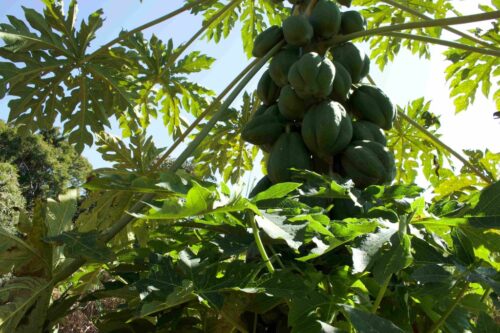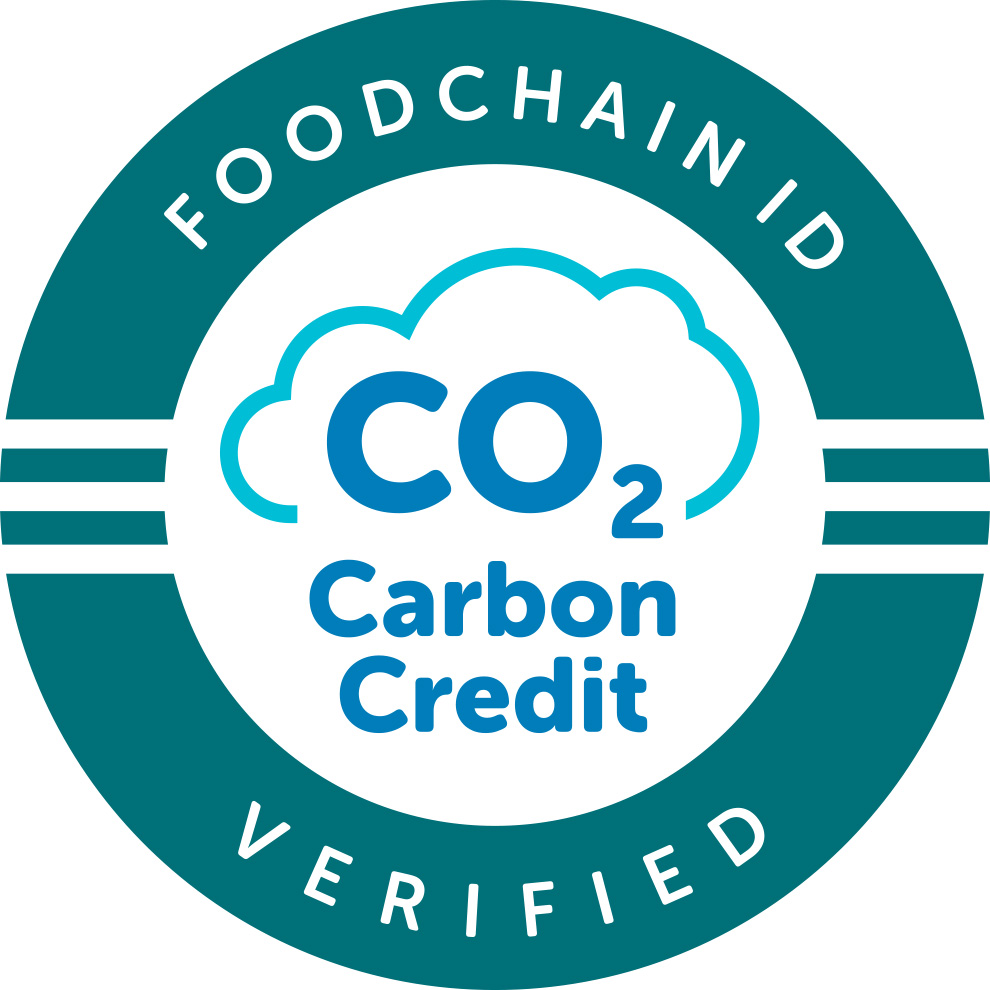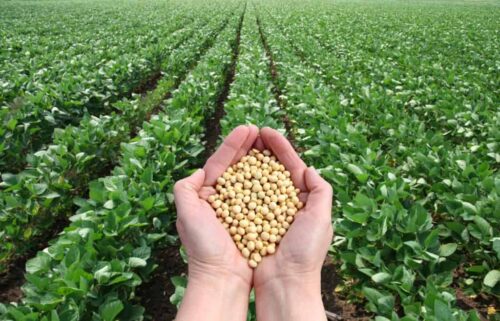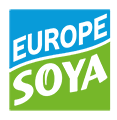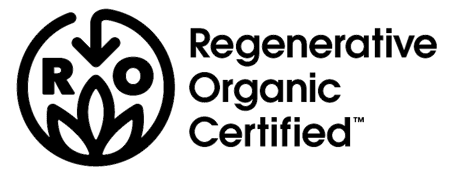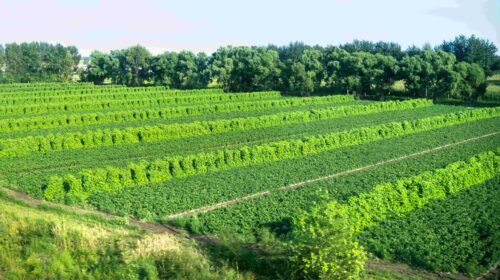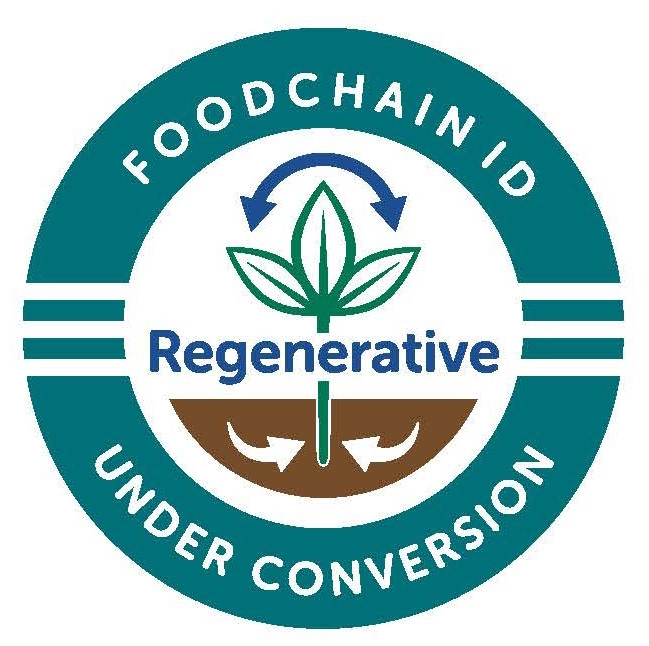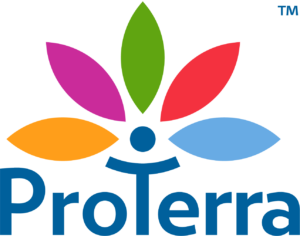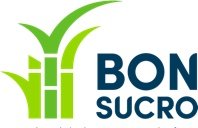The member-based group sets forth a voluntary certification system based on sustainable production standards to facilitate the responsible cultivation, processing and use of soy in global markets.
Objectives of the RTRS
- Promote and facilitate the responsible production, processing and trade of soy globally
- Engage stakeholder dialogue and ensure decision-making by consensus
- Foster soy production methods which protect the environment, are socially responsible and economically viable
- Maintain and continually improve the RTRS Production Standard
What is the RTRS Production Standard?
The RTRS Production Standard for responsible soy includes requirements which are aimed towards the maintenance of areas with high conservation value, implementation of good agricultural practices, fair labor conditions, and respect to the claims of land owners.
The Standard is applicable to various sectors such as food for human consumption, animal feed, and biofuels production.
RTRS Benefits
Being an RTRS member means having an active contribution and impact on the aim to change the view towards responsible business. Soy cannot be left outside this logic, which is why it is important to make joint decisions that enable the production of socially responsible, economically feasible and environmentally sound soy.
Becoming RTRS certified means creating solid relations with other members by endorsing a common cause.
Who need RTRS Certification?
RTRS certification can be obtained by small and large soy producers alike who meet the requirements of the RTRS Production Standard. To accommodate smaller producers, procedures are in place which allow for group certification to reduce costs. Other organizations involved in the soy supply chain are eligible for Chain of Custody Certification, which assures buyers they are purchasing products produced from responsible soy practices.
How to become RTRS certified?
FoodChain ID Certification provides both RTRS Production and Chain of Custody Certification for soy producers and supply chain organizations, respectively. This helps meet the business needs and interests of each economic operator.
If you’re an organization seeking certification, a public consultation is opened two weeks before your audit date.
Stakeholders or parties directly affected by the operation are able to have their say on issues related to the certification, as long as all comments are significant for the evaluation.

